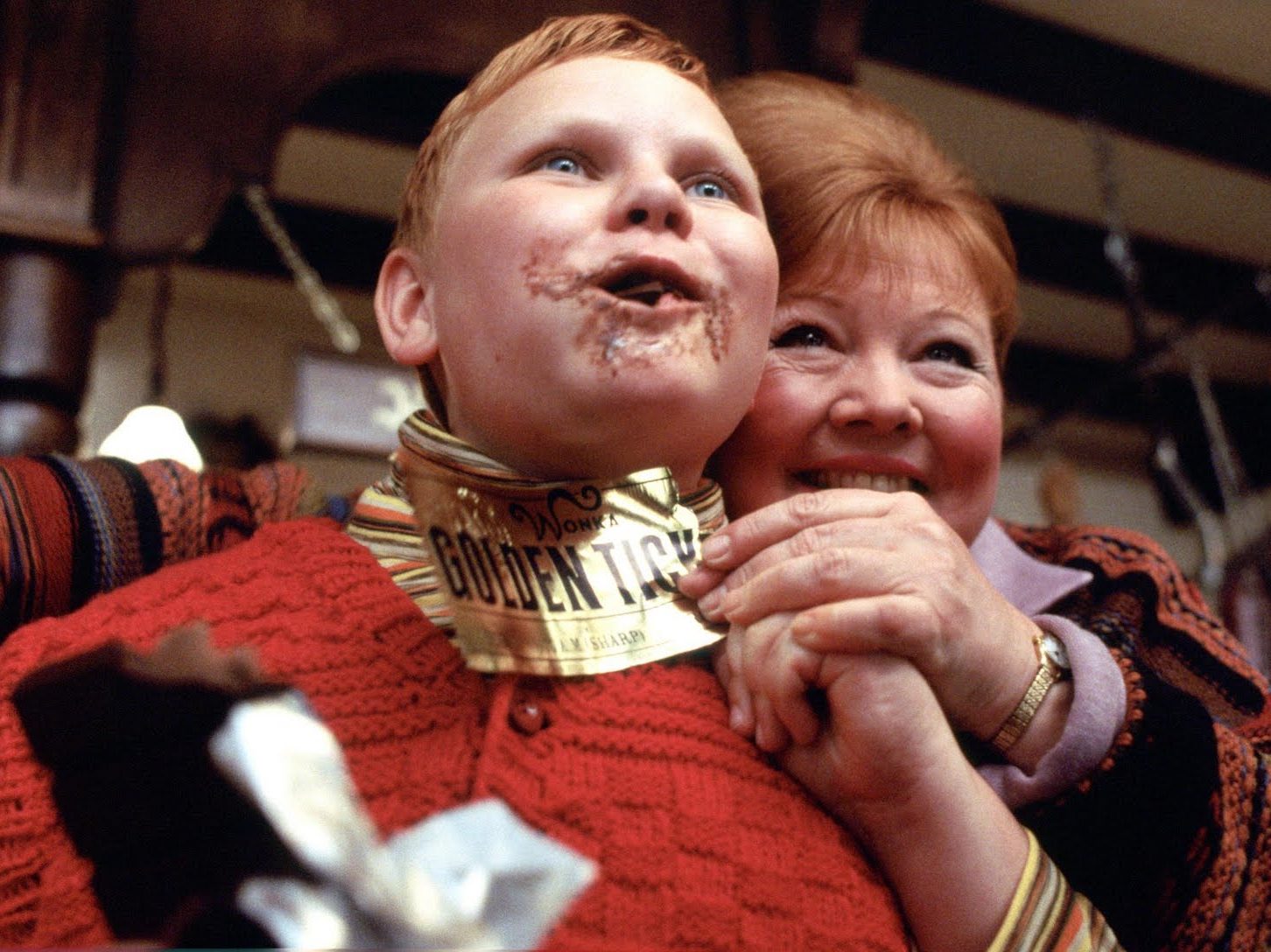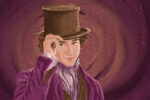British author Roald Dahl is one of the most celebrated children’s writers of the past fifty years. He wrote countless classics such as “Charlie and the Chocolate Factory,” “Matilda,” “James and the Giant Peach” and more, selling over 300 million copies worldwide. The popular films “Willy Wonka & the Chocolate Factory” and “Matilda” reinforced Dahl’s relevance at the tail end of the twentieth century, and such adaptations are still successful today. Last year’s “Matilda the Musical” made over $33 million at the UK box office and reached #2 in worldwide viewership on Netflix. The upcoming prequel film “Wonka” starring Timothée Chalamet is currently in post-production, and is slated to premiere in December 2023. Yet, despite the enduring popularity of Dahl’s stories, some readers feel that it’s time for a change.
Puffin Books, in collaboration with the Roald Dahl Story Company, recently tweaked insensitive language in the 2023 editions of several Dahl books. The publishing house also got input from Inclusive Minds, a literary consulting collective that “works with the children’s book world to support…authentic representation.” Hundreds of edits tackle instances of racism, sexism, and fatphobia, with the intention of curbing the original texts’ negative depictions of marginalized identities. For example, the Oompa Loompas in “Charlie and the Chocolate Factory” are described as “small people” instead of “small men.” In “The Twits,” the Muggle-Wump monkeys’ African language is no longer “weird.” Some changes are more extensive. A line in “James and the Giant Peach” went from “Aunt Sponge was terrifically fat / And tremendously flabby at that” to “Aunt Sponge was a nasty old brute / And deserved to be squashed by the fruit.” The words “fat” and “ugly” have been removed altogether.
Not all audiences are happy with the new editions. PEN America is a non-profit writers’ organization whose mission is to protect freedom of expression. CEO Suzanne Nossel criticized Puffin’s move, calling it a “dangerous new weapon” that could set a precedent for future censorship. “Those who might cheer specific edits to Dahl’s work should consider how the power to rewrite books might be used in the hands of those who do not share their values,” she said on Twitter. “The problem with taking license to re-edit classic works is that there is no limiting principle. You start out wanting to replace a word here and a word there, and end up inserting entirely new ideas.” Author Salman Rushdie, no stranger to controversy, agreed. He acknowledged Dahl’s bigotry but castigated the publisher and Dahl’s estate for taking things too far.
A spokesperson from the Roald Dahl Story Company defended the decision. “When publishing new print runs of books written years ago, it’s not unusual to review the language,” they asserted. “Our guiding principle throughout has been to maintain the storylines, characters, and the irreverence and sharp-edged spirit of the original text. Any changes made have been small and carefully considered.”
Poet and translator Debjani Chatterjee applauded the changes. Others, like actor and comedy writer David Mitchell, cynically interpret them as a money grab, arguing that the publisher is appealing to more diverse commercial audiences. Considering that Netflix purchased the Roald Dahl Story Company for over $500 million in 2021, he may not be far off — the streaming giant likely just wants to protect their investment. Puffin’s shallow changes don’t combat the discriminatory themes in Dahl’s books. After all, the greedy Augustus Gloop from “Charlie and the Chocolate Factory” is still described as “enormous” in the new edition, and the monkeys in “The Twits” are still Africanized in the vein of racist caricatures.
This isn’t the first time that a media company has pared down a property to appeal to more socially aware audiences. In the summer of 2020, several platforms altered the presentation of films and series with racist scenes. Upon acquiring the AMC series “Mad Men,” Amazon Prime Video considered removing the episode “My Old Kentucky Home” in which a character dons blackface makeup. Due to the intention of the scene, Amazon opted to keep the episode. The scene is not comedic; rather, it realistically portrays 1960s white New York. A disclaimer explaining the context now appears in the title card of the episode. On the other hand, four episodes of “30 Rock” featuring blackface performances played for laughs were removed from streaming platforms.
In children’s media, the context of harmful imagery is perhaps less important. Children are less able to distinguish a critique from a joke. Furthermore, Dahl’s books aren’t critical of discrimination. He emphasizes characters’ abnormal qualities in order to villainize them or make jokes at their expense. This tone pushes detrimental stereotypes on impressionable minds. Though the question remains: As our society becomes more aware of hurtful language and its effect on impressionable audiences, how can we appreciate media that contains offensive content while still respecting marginalized people? One option is to keep the original text and add disclaimers, acknowledging the potential harm done while maintaining Dahl’s creative intention. Moreover, this could be an opportunity for young readers to learn about social issues. Unfortunately, everyone encounters discrimination at some point, whether it be against themselves or someone else. With parental guidance, a child could better understand how to point out stereotyping so that they don’t feed into it in the future. Dahl’s original texts will still be available for purchase for those who wish to read them with a critical eye.
Some adult readers argue that they shouldn’t be republished—censored or not. Phillip Pullman, the author of the “His Dark Materials” fantasy series, states that Dahl’s books should naturally fade out of prominence if they don’t resonate with modern audiences. He sees this as a chance to “read [other] wonderful authors who are writing today, who don’t get as much attention.” There are plenty of old and new authors who celebrate diversity. “The Snowy Day” by Ezra Jack Keats, which was published in 1962, was hailed as one of the first children’s picture books to feature a Black protagonist. For older readers, Christopher Paul Curtis and Jacqueline Woodson’s books also feature Black kids. The LGBT rights organization Stonewall hosts a growing list of queer-friendly children’s literature. Publications like New York Magazine and Glamour compile lists of books that uplift young girls. Ultimately, there are lots of options for children and parents. Roald Dahl will always have a place in the literary canon, but the whimsical spirit of his writing lives on in more diverse literature.

















